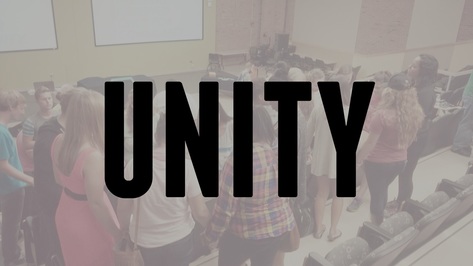 Last week we talked about that elusive goal, unity. It’s wonderful; it’s beautiful; it’s essential; it makes the gospel true in the eyes of unbelievers. But, it’s almost impossible. So how do essentially selfish creatures live in unity? First, we must die to ourselves. Yep, that old gospel standard: death to self. If our flesh is the problem (and trust me, it is), then we must say no to the flesh. Death to our desires, to our own perspectives, to our need to be in control or to our need be right is essential for unity to thrive. This is probably the reason we find very few examples of true unity in the American church. We do not like death, we prefer comfort, happiness, and fighting for our “rights.” Yet, to have unity, we must deny ourselves daily. Second, we must submit ourselves to God. Ooh, there’s another word we don’t like: submission. Truth is there is no Christian life without submission. Christians are those who have rejected their own self-rule and--denying themselves--have embraced the kingdom of God. Submission and self-denial go hand in hand. They are two heads of the same coin, two aspects of the one call: worship. Worship is not the singing of songs, no matter how much passion it is done with; it is a life lived in complete submission to God’s laws, God’s ways and God’s authority. If we are to live in unity, we must submit ourselves God and all of what that means. Lastly, we must live out the gospel. Denial and submission are just the foundations of the gospel--the core is love. Love is not a silly emotion that comes and goes, but the difficult choice to act on behalf of someone else no matter the cost. This is the love Jesus modeled for us in his life and death. This is the love that will work for unity, because unity is work. How are you working for unity in your local context? What are some of the ways you have had to deny yourself and chose God’s ways of love instead? Comments are closed.
|
Categories
All
Contributing Authors
|

 RSS Feed
RSS Feed